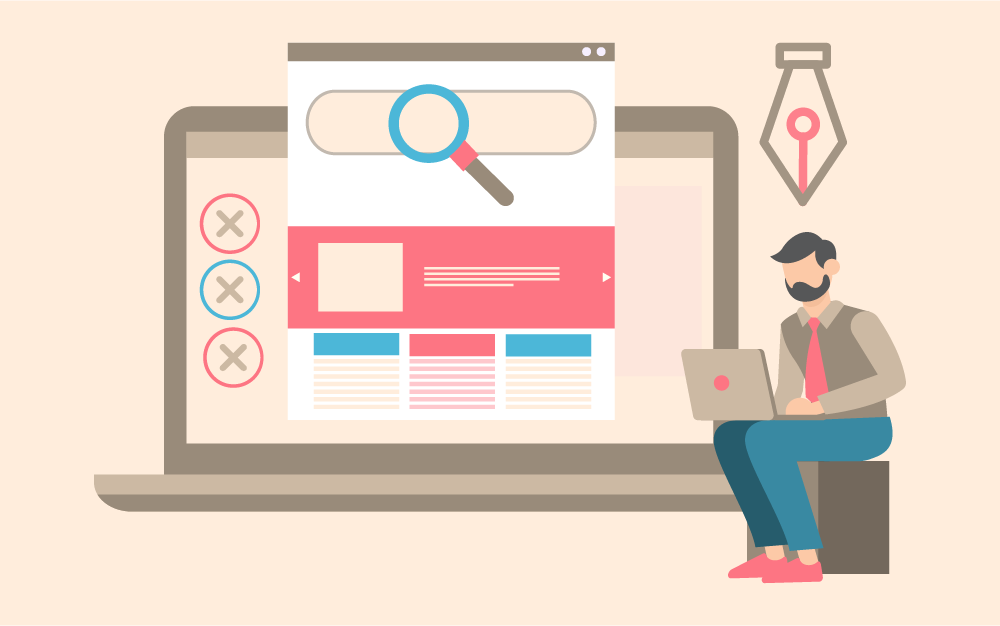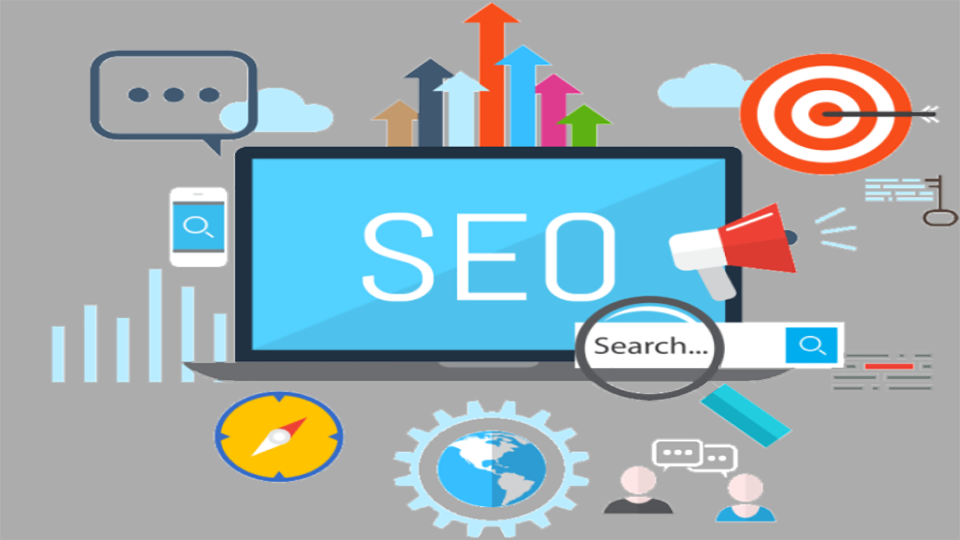
WordPress, Webflow, and Shopify: Which platform best suits your project needs ?s
In the era of digital transformation, specialized online platforms for website design and management have become an indispensable necessity. Among the dozens of platforms available, three leading options stand out: WordPress, Webflow, and Shopify.
However, each platform has its own characteristics, advantages, and limitations, so how do you choose the most appropriate platform for your project?
First: What is the WordPress?
- WordPress: An open-source content management system used to build more than 40% of websites worldwide. It is highly flexible and suitable for blogs, corporate websites, online stores, and digital magazines.
- Webflow: A modern platform that allows you to create professional websites with a visual design without having to write code. It's ideal for designers and business owners who want complete control over the appearance of their website without getting bogged down in complex programming.
- Shopify: A specialized e-commerce platform that provides a comprehensive solution for building online stores, managing products, payments, and shipping, all in one place.
Second: According to the basic criteria
1. Flexibility and customization:
– WordPress offers unparalleled flexibility thanks to plugins, themes, and the ability to modify the code.
– Webflow offers fine-grained visual control, but is less flexible than WordPress in complex programming aspects.
Shopify is dedicated to e-commerce, and offers limited customization outside of that.
2. Ease of use:
– WordPress requires some experience or the help of a developer.
Webflow is easy for designers but may take some getting used to.
– Shopify is easier for beginners, especially in e-commerce.
3. Nature of the appropriate project:
– WordPress is suitable for sites with diverse and complex content.
– Webflow is ideal for highly customizable websites.
– Shopify is ideal exclusively for creating online stores.
4. Search Engine Optimization (SEO):
– WordPress is excellent for SEO, especially with plugins like Yoast.
– Webflow provides powerful and integrated SEO tools.
– Shopify is good at SEO but not the best of the three.
5. Hosting control:
– WordPress requires external hosting that you choose yourself.
– Webflow and Shopify offer reliable integrated hosting.
6. Cost:
– WordPress is often the cheapest, but costs may vary depending on plugins and hosting.
– Webflow requires a monthly subscription depending on the type of site and number of pages.
– Shopify charges a monthly subscription and transaction fees on sales.
Third: Who is each platform suitable for?
WordPress is for those looking for:
– Flexible website with multiple pages and functions.
– Flexible website with multiple pages and functions.
- Possibility of future expansion.
Technical expertise or developer support.
Webflow is suitable for those looking for:
– Professional and modern visual design.
– Simple or medium complexity website.
– Accurate and engaging user experience.
– Avoid complex programming.
Shopify is for those looking for:
– A fully integrated and easy-to-manage online store.
- Detailed sales reports.
– Integrated payment and shipping support.
– A fast and effective solution for online selling.
The right platform depends on your needs.
– If your project is content-focused, and you want complete flexibility with scalability: WordPress is the best choice.
– If you focus on aesthetics, ease of design, and want an artistic website without coding complexities: Webflow is the perfect choice.
– If your primary goal is to sell online through a clear and easy store: Shopify is the perfect choice.
In short: There is no “best” platform for everyone, but there is a platform that is “right” for you, depending on the type of project, your budget, and your technical expertise.
Other articles

The Most Common Web Design Mistakes and How to Avoid Them: Reflections on a Digital Experience
In a world where websites have become the primary gateway to communication and the first impression of any organization or idea, we might think that

How important is user experience (UX) to the success of websites ?s
The success of any digital project has always been linked to the quality of the idea or the brilliance of the design. However, experience has proven that the most important and perhaps

How does site speed help improve your search engine visibility and increase sales ?s
In a digital world where things move in seconds, website speed is no longer a technical luxury. It has become one of the most important factors for digital success. From the first moment a user

A Comprehensive Guide: How to Choose a Professional Web Design Company for Your Project
At a time when websites are no longer an optional extra, but rather a necessity for every project or brand, the need to choose the right partner to design this vital digital interface becomes clear

Why is responsive design a must in 2025 ?s
In 2025, website design is no longer just a matter of form or visual taste. It has become a strategic necessity, upon which the success of a digital project is built from the ground up

Search Engine Optimization (SEO): Between Content and Technology, How to Strike a Balance ?s
In the crowded world of the Internet, it is not enough to have a stylish website or good content; your site must be visible, appear in search

How a simple website turns your visitors into customers ? A masterful digital persuasion journey
In today's digital world, it's not enough for your business to just have a beautiful website. The real goal of any professional website isn't to impress visitors with its appearance

Top 5 Common Mistakes New Website Owners Make and How to Avoid Them
At the start of any digital project, website design is a pivotal step. But in the rush and excitement, many new website owners make seemingly simple mistakes
